The exalted title “Mother of the Church” belongs to our Blessed Lady alone, but that title applies to her motherhood of the Universal Church. I’m very sure Our Lady is not averse to sharing that title with one of her beloved daughters, a woman named Victoire Rasoamanarivo (1848-1894), who deserves a similar title for her heroic defense of the Church in her native land.
Nobility with Humility
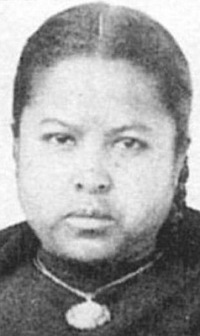 Victoire is known as “Mother of the Church of Madagascar” because this valiant woman singlehandedly kept the Catholic Church alive in Madagascar during a time of repression. Her story is a fascinating display of courage, charity, and conviction that has few equals.
Victoire is known as “Mother of the Church of Madagascar” because this valiant woman singlehandedly kept the Catholic Church alive in Madagascar during a time of repression. Her story is a fascinating display of courage, charity, and conviction that has few equals.
Victoire was born into a family of pagans, not Catholics. Her native culture largely practiced a form of ancestor worship with all the attendant superstitious beliefs and practices that went with it.
Her grandfather had been Prime Minister and her father was commander-in-chief of the country’s army, so Victoire was a member of the upper class in a highly stratified social system. That, as we will see, served her well in years to come.
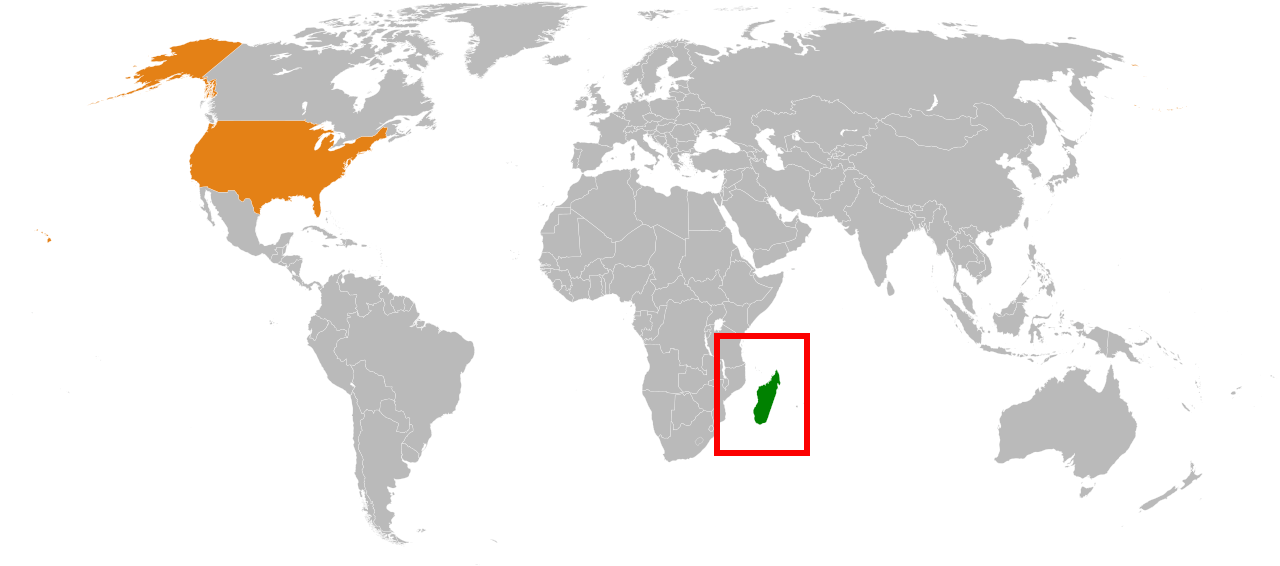
A Disney-Style Evil Queen
The Queen of Madagascar, Ranavalona I, ruled the country for 33 years (1828–1861) and was considered the high priestess of the pagan cult, offering worship to their deities. This woman was a piece of work.
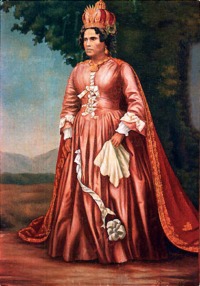 If you thought Victoire’s surname was tough to get your mind around, the queen’s birth name was virtually unpronounceable: Rabodoandrianampoinimerina (that’s 12 syllables). It’s probably a good indication of the complexity of her personality and political machinations.
If you thought Victoire’s surname was tough to get your mind around, the queen’s birth name was virtually unpronounceable: Rabodoandrianampoinimerina (that’s 12 syllables). It’s probably a good indication of the complexity of her personality and political machinations.
She took the simpler name Ranavalona when she usurped power after the mysterious death of her young husband under “unusual circumstances.”
She was equally brutal to her population. Throughout her reign, but especially at the beginning, she subjected her people to arbitrary slavery, rampant disease, ongoing warfare with neighboring tribes, and harsh forced labor.
If you can believe it, the mortality rate was so catastrophic in the 1830s that Madagascar’s population was literally cut in half (from 5 million to 2.5 million) in less than 7 years. Incredible.
Persecution
Although initially tolerant of the Christian religion, the queen began to see Christianity as a threat to her power. Christians did not acknowledge the supernatural authority of the pagan idols known as sampy that were kept in shrines as a kind of sacrament to be worshiped by the populace. Those idols endowed the queen’s ancestors and the queen herself with a sort of mystical status as gods.
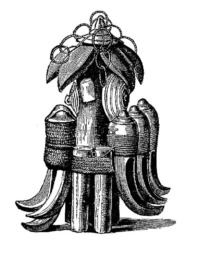
Sampy idols of Madagascar
Most of the first missionaries were Anglicans, but in 1831 she banned all Christian rites for members of the military and government. Four years later she extended the ban to all her subjects. She did not restrict foreign missionaries from practicing Christianity, but they were forbidden to proselytize. Within a year, all foreign missionaries had left the country.
In the following decades, many Christians were accused of witchcraft and persecuted in various ways. In a famous instance, 15 men were hung by ropes from a 150-foot-high cliff and ordered to renounce their faith. When they refused, they were dropped to the rocks below.
During the years of persecution, it is estimated that 1900 Christians were fined, jailed, punished by poisoning (often fatal), exiled, or executed for the crime of being Christian. This was the society that Victoire was born into in 1848.
When the queen died in 1861, the persecution was relaxed for a time, and it became possible for Catholic missionaries from France to begin their evangelization efforts among the Malagasys (as citizens of Madagascar are called). Here are some!
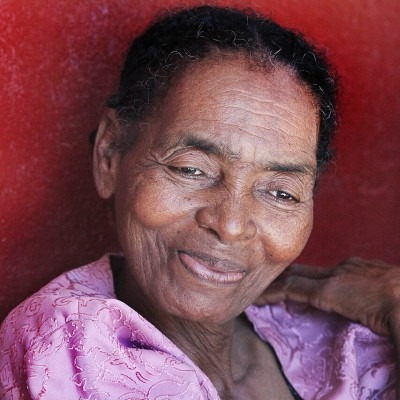


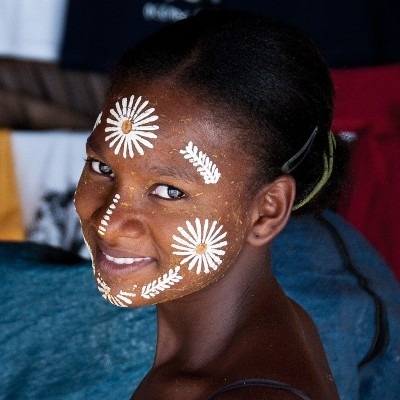
Steadfastly Catholic
Victoire was only 13 at the time and became deeply attracted to the Catholic Church, probably because she was sent to a school run by the Sisters of St. Joseph. These pious nuns formed in her habits of prayer and piety that quickly transformed her young life. At the age of 15 she requested and received Baptism in the Catholic Church.
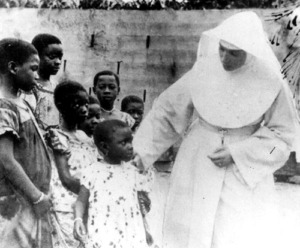 Victoire quickly distinguished herself, even as a teenager, by her prayerful spirit and by her charity to the poorest of her society. The nuns had planted the seeds of the Gospel deep within her heart. Despite her noble status, she associated with the lowly, the sick, and the destitute, which was something unheard of for the upper classes.
Victoire quickly distinguished herself, even as a teenager, by her prayerful spirit and by her charity to the poorest of her society. The nuns had planted the seeds of the Gospel deep within her heart. Despite her noble status, she associated with the lowly, the sick, and the destitute, which was something unheard of for the upper classes.
Not surprisingly, members of Victoire’s family were scandalized that she had chosen to become Catholic, even threatening to disown her and deny her burial as was her due as a noblewoman. She endured a significant amount of “soft” but real persecution, including ridicule and stone throwing by her family’s slaves.
Victoire secretly wished to become a nun, but the nuns discouraged it, believing that her powerful family might unleash another harsh persecution of Catholics in the whole country. So, at the age of 17 Victoire consented to an arranged marriage that turned out to be a total disaster.
She endured twenty-four years of her husband’s violent behavior, womanizing, and alcoholism but refused to divorce him despite heavy pressure from friends and family. Victoire had a Catholic understanding of marriage and believed it to be a sacrament and permanent lifelong bond! The curse of infertility left her and her husband without children, which only exacerbated Victoire’s suffering.
Perhaps her charity, perseverance in faith, and longsuffering patience in a difficult marriage prepared her for the storm that was to come.
Madagascar’s Guardian Angel
Changes in the political climate turned Madagascar once again into hostile territory for Christians, especially the French, who invaded Madagascar in1883. The French missionaries had introduced Catholicism to the country two decades earlier but were soon summarily expelled from the country. Overnight, more than 20,000 Malagasy Catholics were left without priests and nuns!
 Most of us would not know what to do if we suddenly found that our schools and religious institutions were all closed and our beloved priests and nuns were no longer there to preach, teach, and bring sacraments to those in need. That’s a situation that hopefully most of us will never have to face. But we know how Victoire dealt with it.
Most of us would not know what to do if we suddenly found that our schools and religious institutions were all closed and our beloved priests and nuns were no longer there to preach, teach, and bring sacraments to those in need. That’s a situation that hopefully most of us will never have to face. But we know how Victoire dealt with it.
She went to work and filled the gap of spiritual authority with her loving spiritual motherhood. Before the missionaries left, they asked Victoire to be “the guardian angel of the Catholic mission and the support of the Christians” in her country. And they were not disappointed.
For the next three years, the Catholics in Madagascar endured the drought of a priestless Church accompanied by a very real hostility to Catholicism, both politically and culturally.
The repressive forces moved quickly. The day after the missionaries were expelled, certain members of the government issued what was later termed an “unofficial” pronouncement that Catholics were enemies and traitors to the country. Thousands productive and law-abiding citizens were now considered criminals!
Famous Natives of Madagascar


Confrontation at the Cathedral
On the Sunday after the missionaries left, Victoire knew that their priestless churches could not hold Mass, but she went to the cathedral for prayer anyway and found it boarded up. A police guard was stationed at the door. She saw it for what it was: a scheme to further weaken Catholicism and discourage the faithful from practicing the Christian faith in any form.

(Image: Primitive parish church in Madagascar)
Her family’s connections allowed her to get an immediate message to the Prime Minister asking if the government had officially ordered Catholic churches to be closed and boarded up. Since the order had been issued “unofficially”, his answer was that such an action had never been officially decreed.
Victoire then marched up to the officer at the door of the church and gave him the Prime Minister’s answer. Then she spoke directly to his face:
“If you oppose this by force, my blood will be the first you will shed. You have no right to prevent us from entering our churches to pray.”
She had the remarkable resolve of a saint, like so many other young women saints in the history of the Church. The door was immediately opened and from there, for the next three years, Catholics congregated in churches for prayer every Sunday even though they could not have liturgy.
During that time, Victoire traveled throughout her entire country keeping hope alive for her brethren in the faith by reminding them that although the French had been expelled, Catholicism was not officially outlawed as such. They could, and they must, continue to practice their faith.
Organizing For Harsh Times
Victoire also knew she could not sustain the Church alone, so she galvanized the men of the pious association, called the Catholic Union, into action. Under her leadership, these men reopened schools and churches and went in search of the lost sheep. They encouraged people to attend their churches for prayer on Sundays and did their best to catechize the faithful in times of overt hostility against them.
 The needs of the faithful were oftentimes extreme. Catholicism in Madagascar consisted mostly of the poorer classes, and Victoire supported many of the families and communities out of her own personal finances.
The needs of the faithful were oftentimes extreme. Catholicism in Madagascar consisted mostly of the poorer classes, and Victoire supported many of the families and communities out of her own personal finances.
With her support and encouragement, Catholics continued to take care of the sick and destitute and never wavered in their ministries. Nor did she relent in her own personal efforts to care for prisoners, lepers, and the many slaves who were still in bondage in her country during that period.
Day after day, week after week for three years, Victoire sustained the Catholics of her country in an amazing display of maternal care for her people that did as much as possible to supply for the deficit of religious ministers.
In his book, How Saints Die, Fr. Antonio Sicari repeated a remarkable testimony from the people of that time about Victoire’s presence among them:
Victoire became the foundation, the pillar, the father and mother of all the Christians, as the holy Virgin was after Jesus left for heaven.
It’s hard to find a more heartfelt tribute to her heroism than that.
Restoration
France and Madagascar ended their war and reestablished diplomatic ties three years later, in 1886, and per the peace agreement, the French missionaries were allowed to return.
Victoire had kept the fragile flame of faith alive in the hearts of thousands of Catholics during three long years of drought. But when the priests returned, far from hanging on to any authority or prestige she had earned, she gladly relinquished back to them all ministerial direction of the Church that she had so lovingly shepherded for three years.
It was as if she was an Olympic runner handing off a brightly burning torch to the true guardians of the flame. Her three-year marathon was a victory of the first order, as her very name suggests.
The missionaries were well aware that the Church she gave back to them remained intact and unified because of her. It is amazing what one person of resolve and humility can do in the community of faith.
A Remarkable Conversion
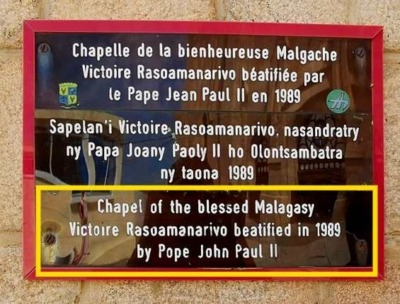 Soon after that, in 1888, Victoire witnessed the conversion of her own husband who died an untimely death from injuries due to an accident. Before he died, he asked forgiveness of her, voluntarily requested Baptism, and died in the grace of Christ and His Church. Victoire herself baptized him.
Soon after that, in 1888, Victoire witnessed the conversion of her own husband who died an untimely death from injuries due to an accident. Before he died, he asked forgiveness of her, voluntarily requested Baptism, and died in the grace of Christ and His Church. Victoire herself baptized him.
Victoire lived seven more years before her own death at the age of forty-six. She spent most of those years carrying out her immense works of charity and spending six to seven hours a day in church praying.
It is said that everywhere she went, she held Rosary beads in her hands, so devoted was she to the Blessed Virgin Mary. When she died, her last words were, “Mother, mother, mother!”
By Their Fruits You Shall Known Them
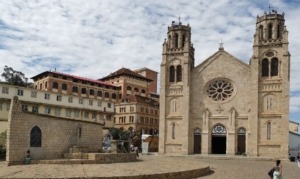 Today, a little more than 100 years after Victoire’s death, there are twenty-one Catholic dioceses in Madagascar with 8.2 million Catholics (approximately 25% of the population). The Church in Madagascar opened the process of canonization for their beloved Victoire, and in 1989 Pope John Paul II declared her “blessed”, one step away from official sainthood.
Today, a little more than 100 years after Victoire’s death, there are twenty-one Catholic dioceses in Madagascar with 8.2 million Catholics (approximately 25% of the population). The Church in Madagascar opened the process of canonization for their beloved Victoire, and in 1989 Pope John Paul II declared her “blessed”, one step away from official sainthood.
Perhaps Victoire will one day enjoy the status of an officially canonized saint in the Church, but even that honor may be redundant for someone who already bears a more precious title: Mother of the Church of Madagascar.
—–
Photo Credits: Via Wikimedia: Feature Image (TUBS); Victoire Headshot (Public domain); World map (Calliopejen); Sampy (James Sibree); Queen Ranavalona I (Philippe-Auguste Ramanankirahina); Woman smiling (Steve Evans); Girl smiling (Rod Waddington); Little Boy in window (Rod Waddington); Girl with Face Paint (Giorgio Minguzzi); Nun (Public domain); Lemur (Charles J. Sharp); Kingfisher (Francesco Veronesi); Old church (Congrégation des pères du Saint-Esprit, Public domain); Parish in woods (Diorit); Cathedral (Z Thomas).
[Note: This article is a reproduction of the Sacred Windows Email Newsletter of 2/9/25. Please visit our Newsletter Archives.]
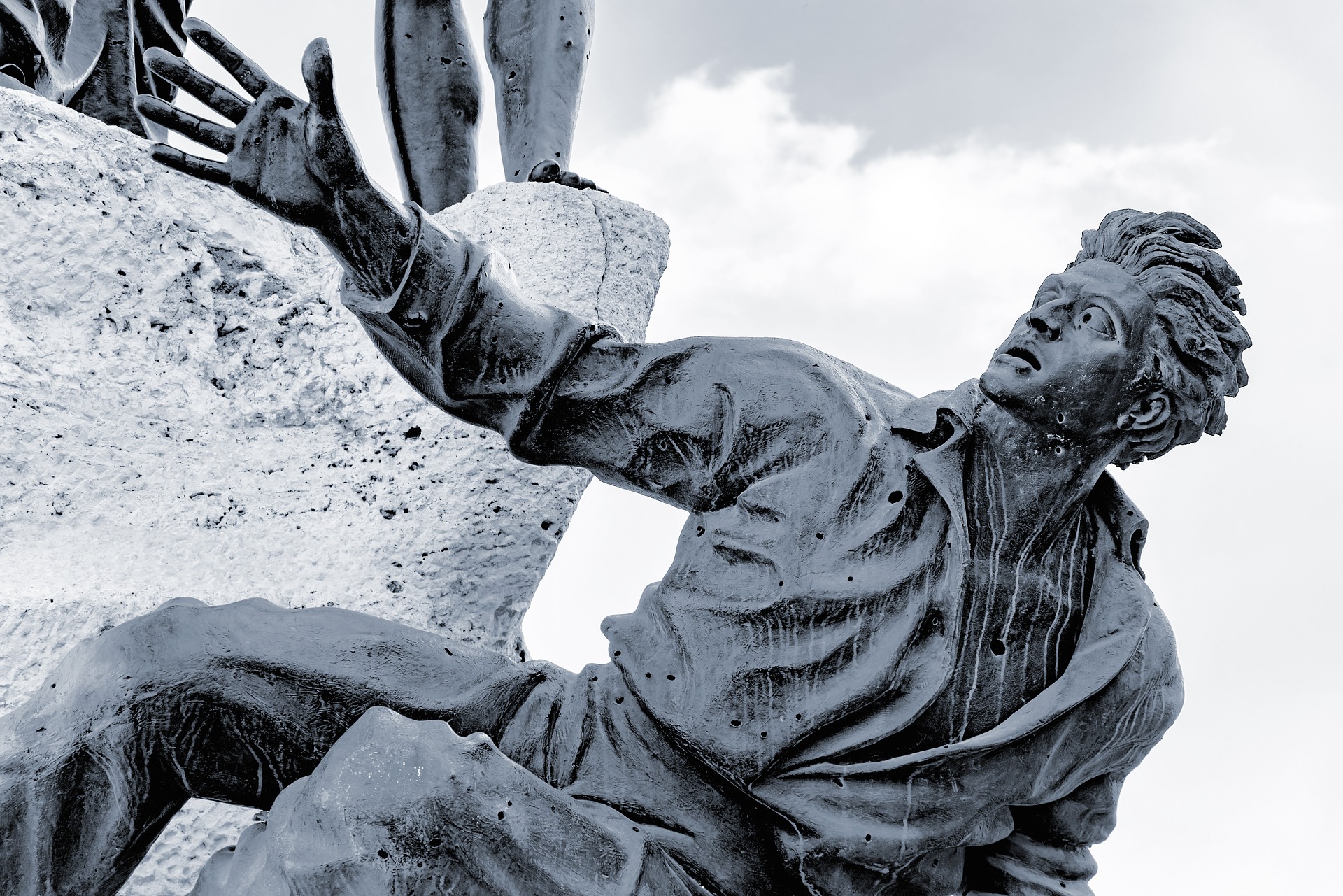
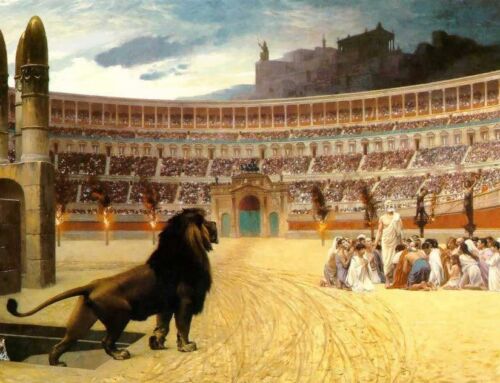
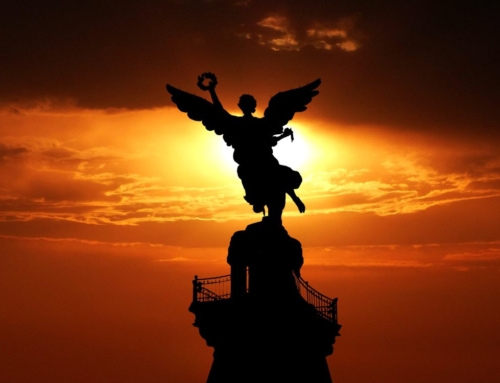
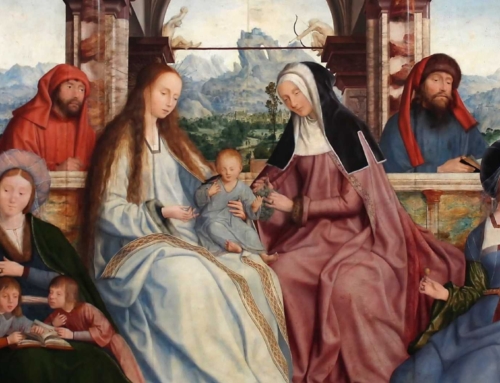
Leave A Comment